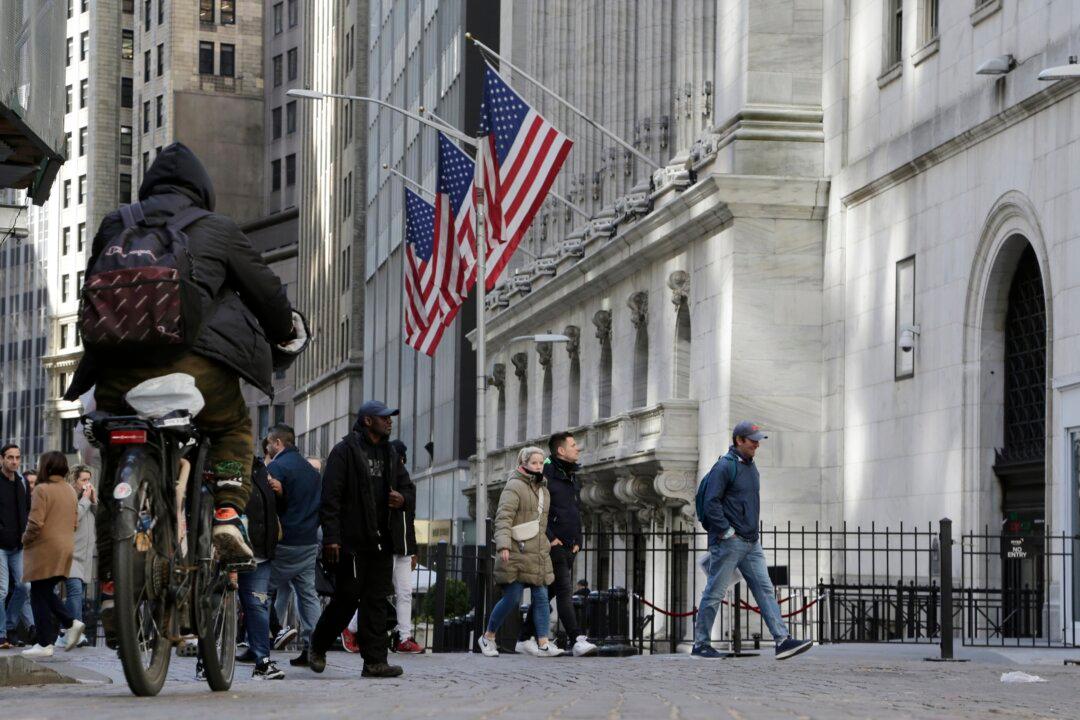The cost of living is still top of mind for U.S. workers as they say inflation continues to trounce their income gains, according to new research from Bank of America (BOA).
Sixty-seven percent of workers believe inflation is outpacing their salary or wage growth, up from 58 percent in February 2022.





